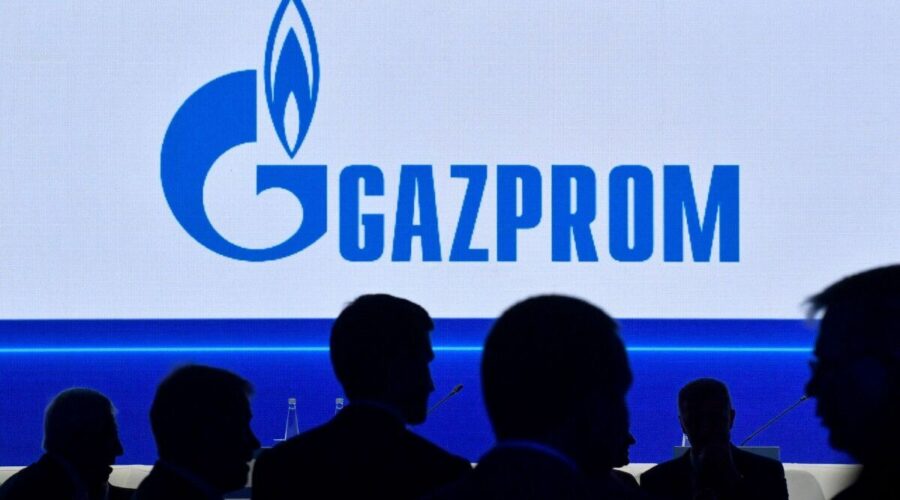Russian energy company Gazprom Neft to create its own private army
Russia: Convicts reportedly pardoned by Wagner group
We use your sign-up to provide content in ways you’ve consented to and to improve our understanding of you. This may include adverts from us and 3rd parties based on our understanding. You can unsubscribe at any time. More info
Russia has created a new Wagner Group “inspired” private military to protect Russian fuel and energy complexes. Russian Prime Minister Mikhail Mishustin signed an order to create a private army owned by the Russian energy company Gazprom in an official government document.
The launch of the private army was said to be inspired by the “example” of Yevgeny Prigozhin’s Wagner Group.
Prigozhin, who founded Wagner in 2014 and is a close ally of Putin, has been accused of war crimes as his men continue to wreak havoc around the globe.
Commenting on the group’s formation, Ukraine’s Defence Ministry Intelligence Directorate stated: “Hence, Russia’s ‘arms race’ continues among the main political players, who are actively creating private armies, following the example of Yevgeny Prigozhin’s private military company Wagner.”
Wagner has been accused of human rights abuses around the world, including extrajudicial murders in Ukraine, Syria, Libya, Sudan, Mozambique and Sudan.

Last month, the US designated the group as a “transnational criminal organisation” – the same legal status it gives to international drug cartels and human trafficking mobs.
In the signed document, seen by Express.co.uk, the government of the Russian Federation grants the public company Gazprom the “right to establish a private security organisation” with the aim to protect “the safety of fuel and energy facilities”
It confirms the founder will of the organisation is Gazprom Neft, the third-largest oil producer in Russia.
The public joint stock company, the document reads, will own 70 percent of the new organisation.
Talking about the Wagner Group, the US Treasury stated: “Wagner personnel have engaged in an ongoing pattern of serious criminal activity, including mass executions, rape, child abductions, and physical abuse in the Central African Republic and Mali.”
Gazprom has been contacted by Express.co.uk for comment.

Source: Read Full Article

